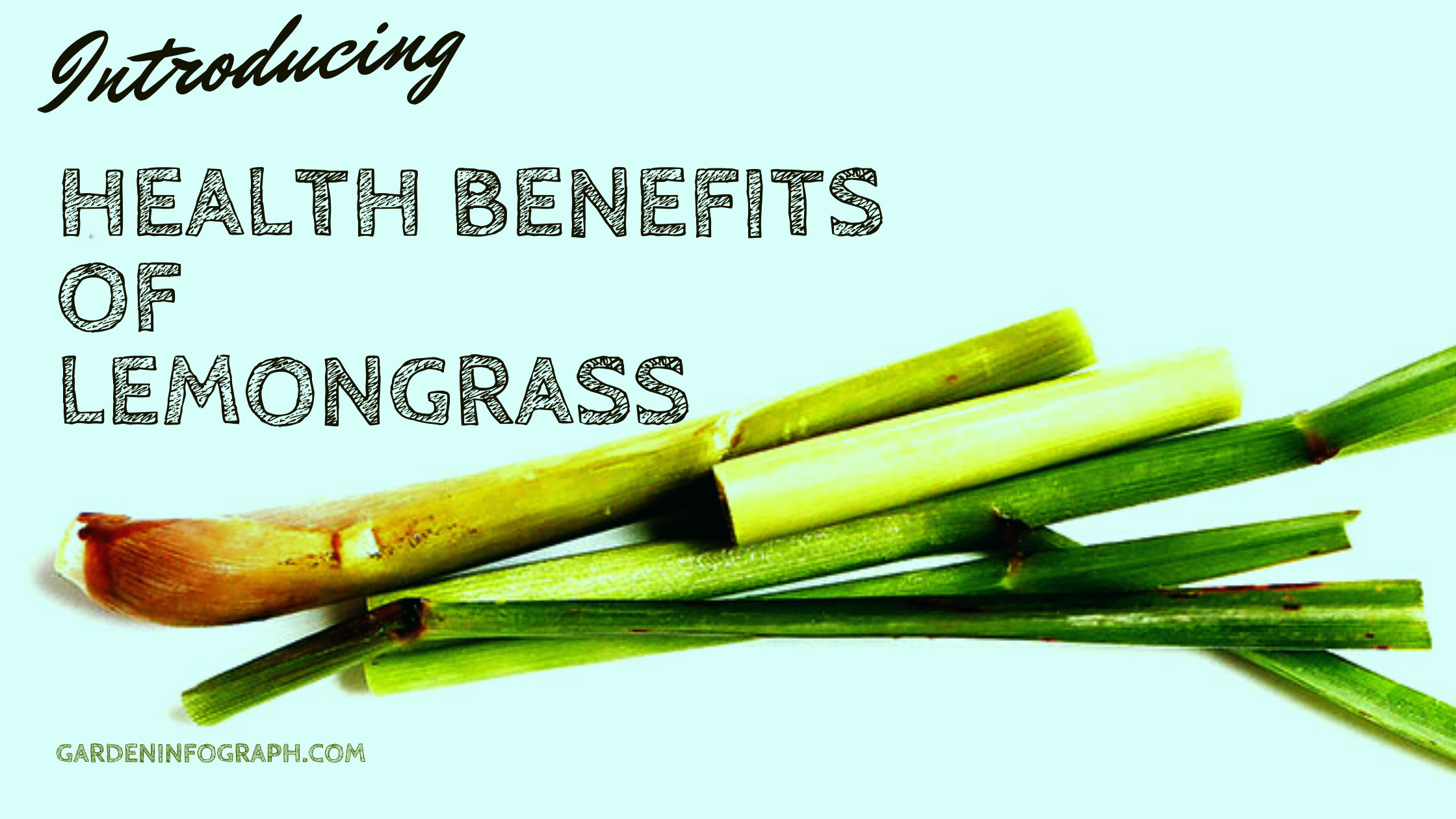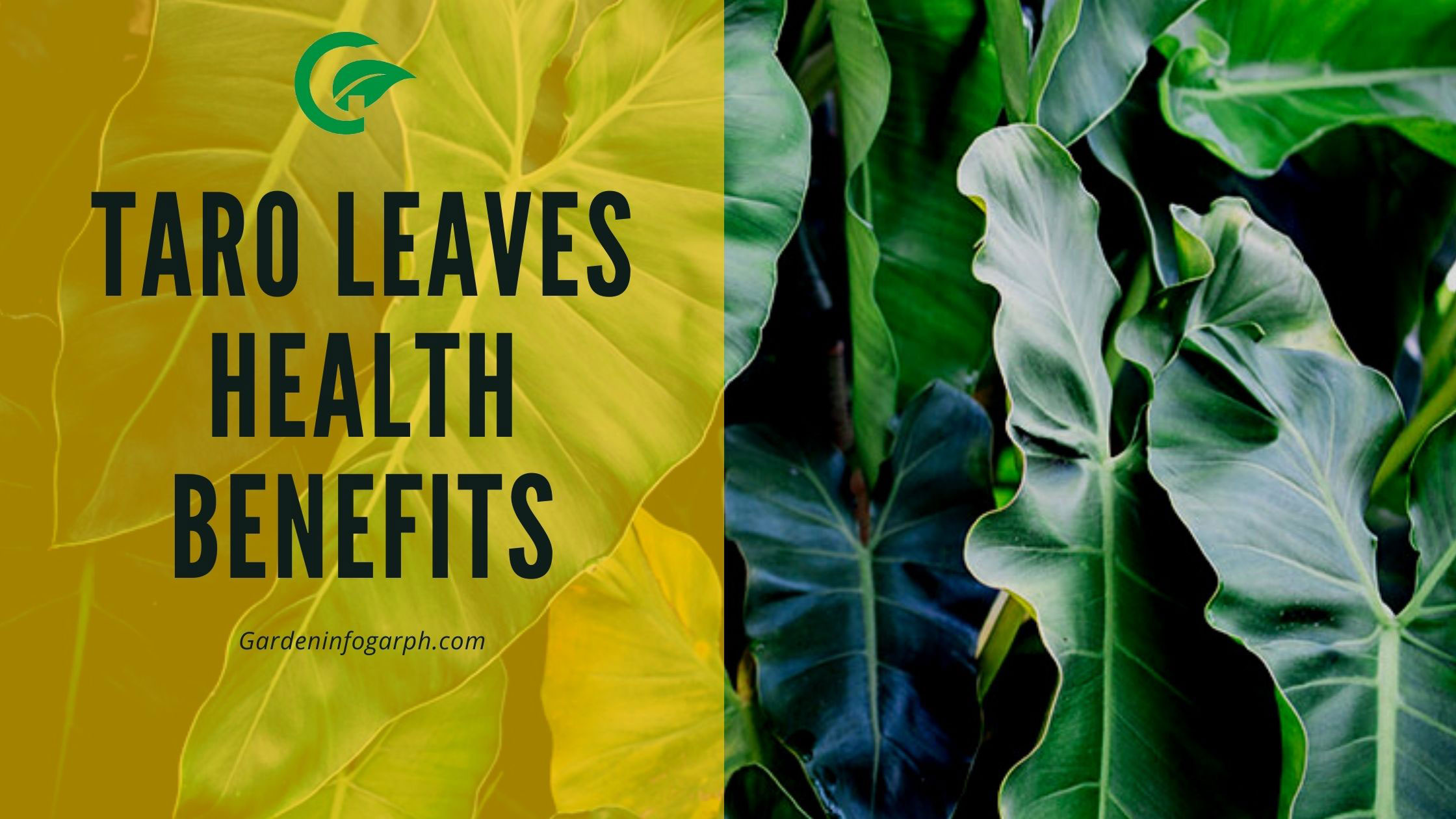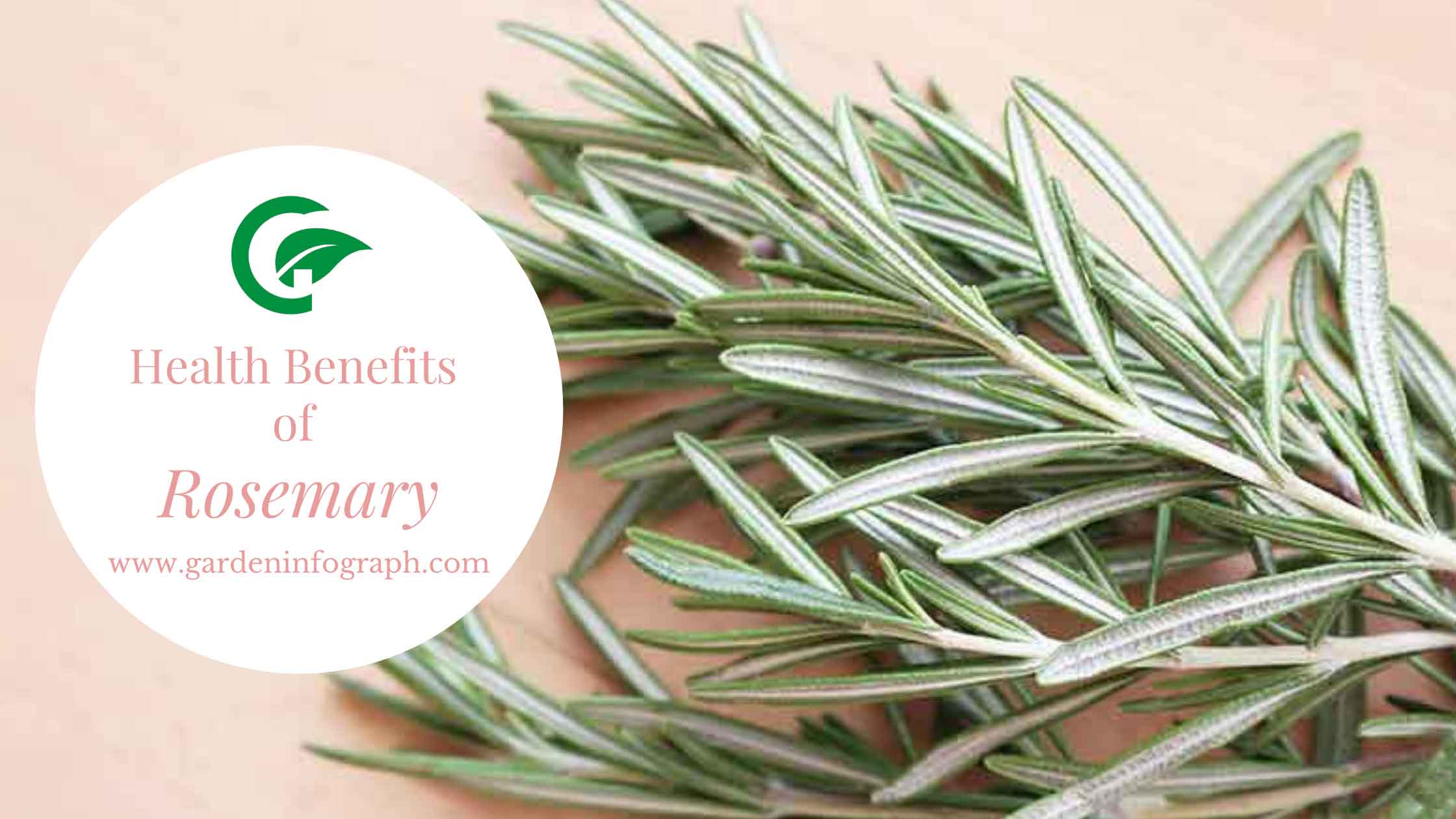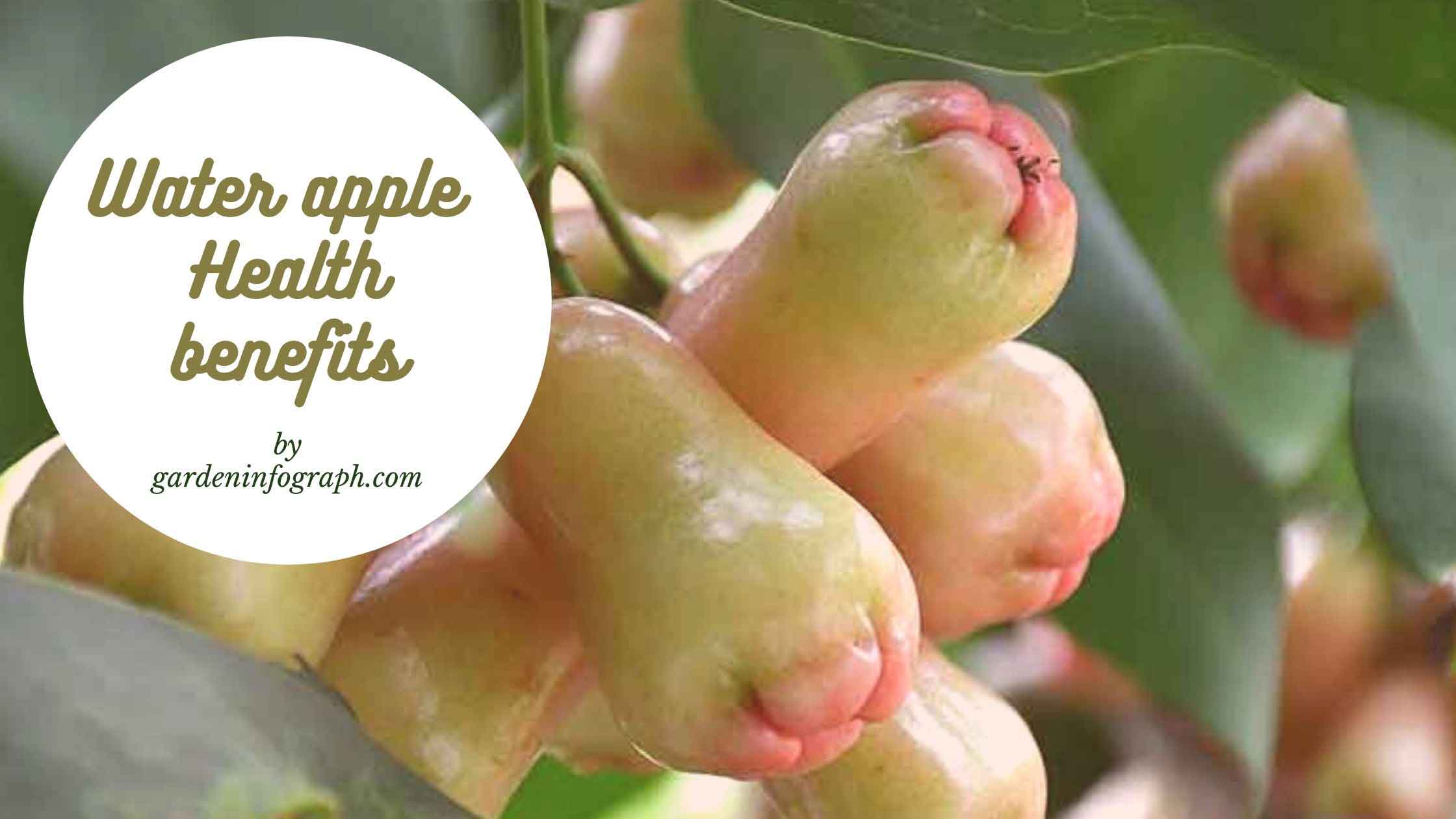This tropical plant is native to Southeast Asia and is frequently used in Thai cooking. Lemongrass is now widely used as a natural remedy for digestive issues, neurological problems, and high blood pressure, and is now grown in Africa, Australia, and North and South America.
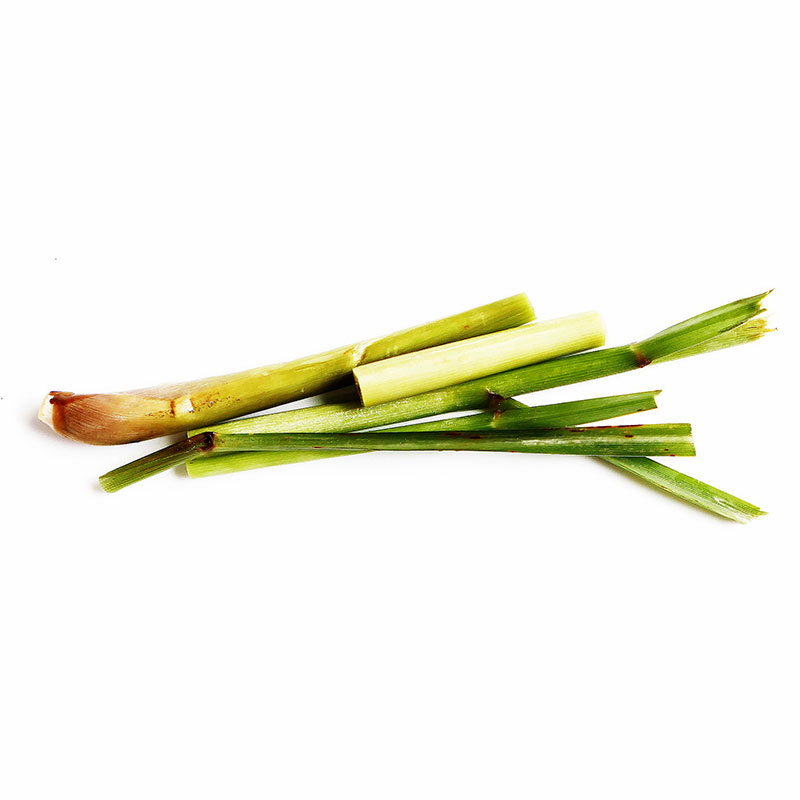
Long, elongated leaves resemble those of seagrass. The only varieties you can use in cooking are the East Indian and West Indian varieties of lemongrass. There are an estimated 55 species of this grass. A number of soaps, candles, disinfectants, and insect repellants contain lemongrass extract, which provides a fresh scent. Teas prepared from fresh grass stalks or commercially prepared are the best way to consume lemongrass.
Health benefits of lemongrass
It reportedly has antibacterial and antifungal properties. Traditional uses for it include pain relief and fever reduction. Lemongrass is an anti-inflammatory plant that contains citral. Folk remedies use it to promote sleep, relieve pain, and boost immunity. The phenolic compounds in lemongrass, which contain antioxidants, are rich in flavonoids. In addition to its antibacterial and antifungal properties, it also has anti-inflammatory and antioxidant properties.
1. Reduces risk of cancer
Lemongrass, a tropical herb widely used in traditional medicine, contains polysaccharides with anticancer properties. Cultured cervical and prostate cancer cells were found to be able to die from these polysaccharides. Dried leaves are infused with aqueous extracts that are used in traditional medicine to treat digestive disorders, diabetes, neurological disorders, and cancer.
2. Improves Anemia
Anemia occurs when there is not enough healthy hemoglobin in your blood. A cup of lemongrass tea every day for a month may contribute to increased hemoglobin levels and the production of red blood cells within the body. Lemongrass is packed with vitamins, minerals, and nutrients like folic acid, copper, iron, thiamine, and zinc.
3. Helps in weight loss
Lemongrass tea is used as a detox tea to kick-start your metabolism and help you lose weight. Although there is strong evidence that lemongrass aids in weight loss, much of the research is anecdotal. Since it is a natural diuretic, drinking enough of it will help you shed excess pounds. The only problem with drinking lemongrass tea exclusively is that you can quickly become dehydrated. It can increase your chances of experiencing side effects.
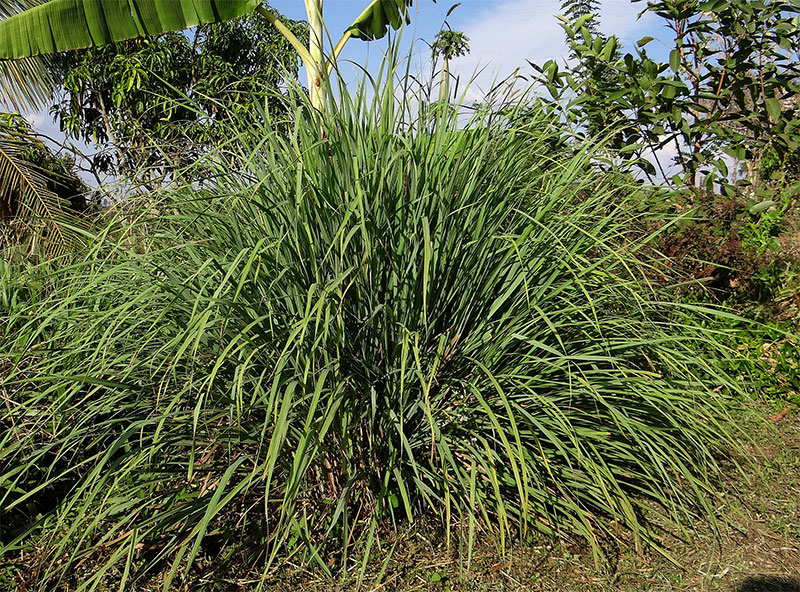
4. Promotes healthy digestion
Studies have shown that the essential oil of lemongrass leaves can help protect the stomach lining from damage caused by ethanol and aspirin. It is common for people to experience gastric ulcers when they regularly take aspirin. When you have stomach cramps, an upset stomach, or other digestive issues, lemongrass tea is a great option. Cooling elements in the plant stimulate the digestive system, soothing irritated stomachs. It works best when mixed with hot drinks after meals. Regular use of the plant will also benefit gut health since it is an antioxidant-rich food with anti-inflammatory properties.
5. Reduces Cholesterol
Cardiovascular diseases, such as heart attacks and strokes, are linked to high cholesterol. Maintaining a healthy cholesterol level is important. Traditional uses of it include treating high cholesterol and managing heart disease. Lemongrass oil contains compounds that help lower cholesterol levels, including terpenoid compounds like geraniol and citral.
6. Controls Blood Pressure
The high potassium levels in lemongrass make it the perfect herb for controlling blood pressure. Due to potassium’s role in reducing urine production, it also promotes blood circulation. As well as increasing blood circulation, it also helps purify the liver, reducing cholesterol absorption through the intestinal tract and promoting good health overall.
7. Promotes healthy hair and skin
As a cleansing agent, lemongrass works best as a toner because it’s antibacterial and antifungal. Vitamin A and vitamin C are both present in it, which is the secret to beautiful hair and skin. By neutralizing free radicals and promoting the skin’s suppleness, the oil’s antioxidant properties help prevent skin damage. In addition to treating oily parts of the skin, it also helps treat pesky skin eruptions such as acne, pimples, and eczema.
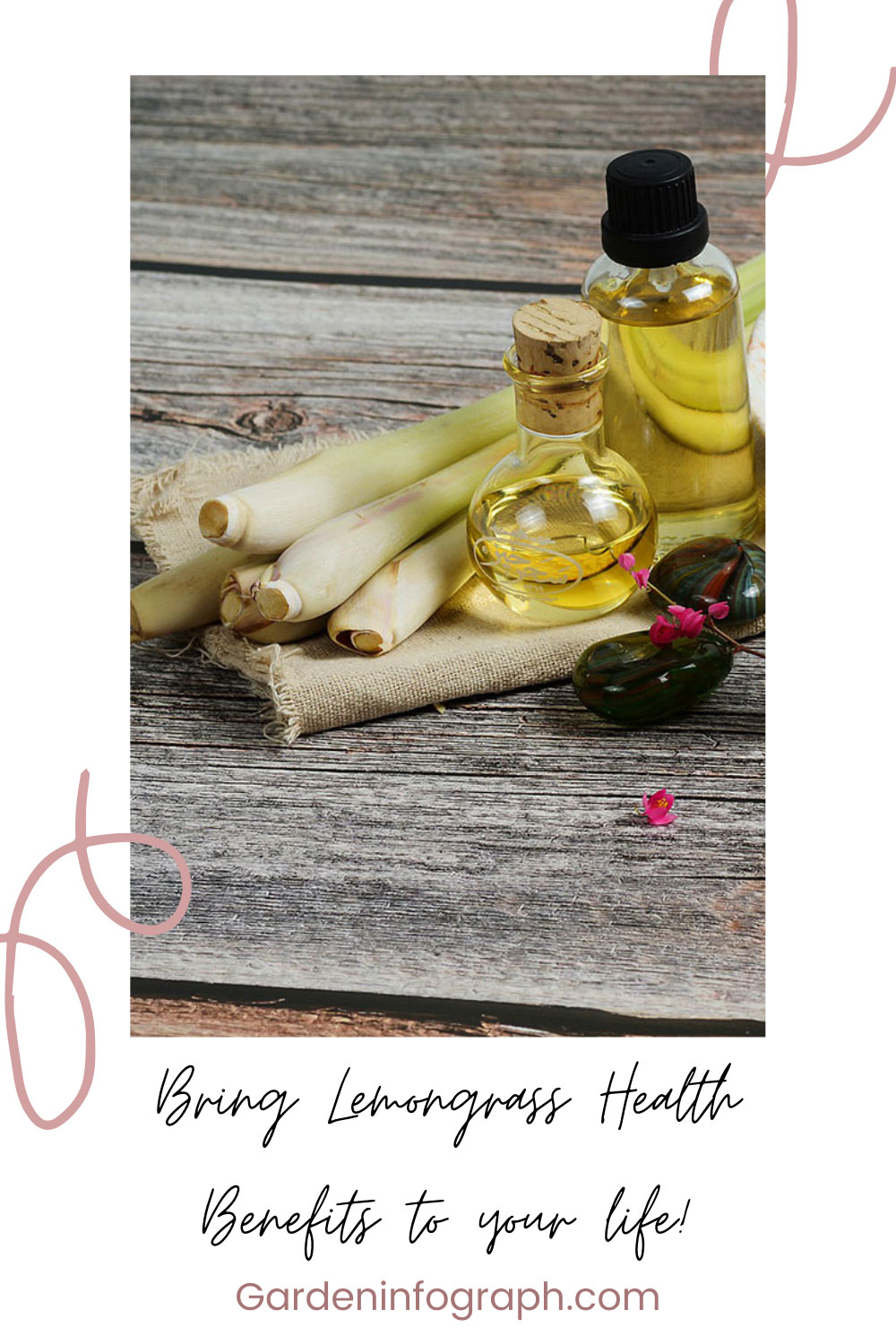
Because of its anti-fungal properties, the oil strengthens hair follicles, relieves scalp irritation, and soothes itchy scalps. Its essential oil help eliminates dandruff-causing bacteria when it is added to hair oil and applied to the scalp.
Here at garden infograph we try to bring in front of you many relatable topics that can add up to your healthy diet. These topics can help you to keep your homes, family, and friends healthy.
Here are some topics that we have covered are green tea, mint benefits, Ayurvedic herbs benefits, basil, neem, coriander, oregano, giloy, spinach, rosemary and you will find many more. Also, read the health benefits of black coffee.
 Garden infograph We provide our best experinces about plants
Garden infograph We provide our best experinces about plants
